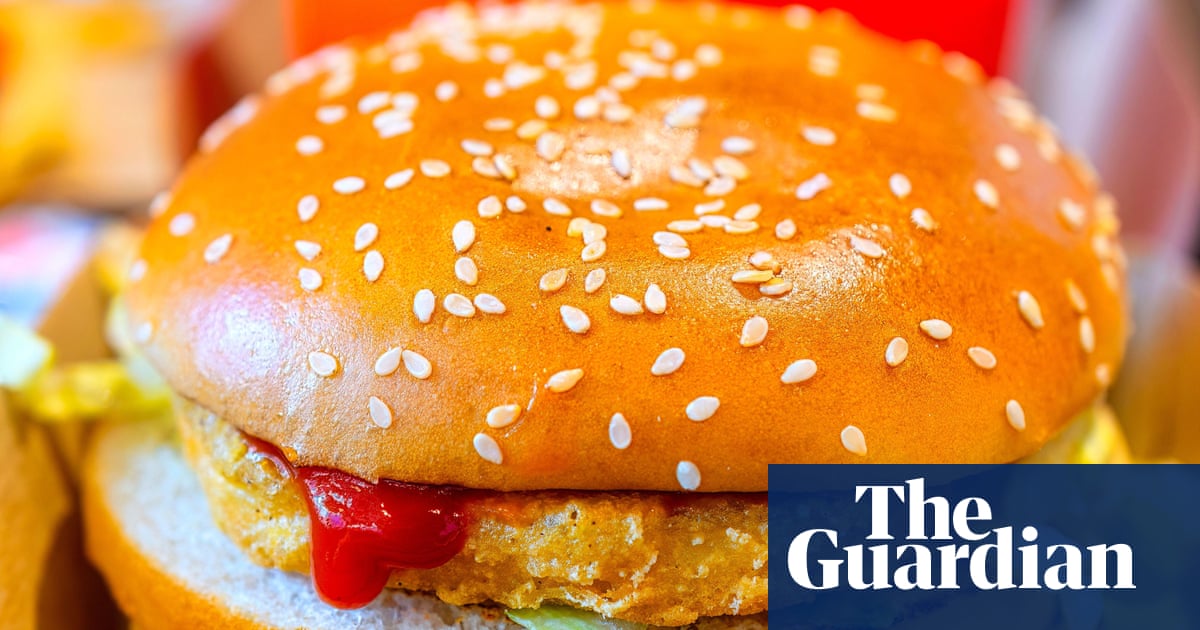There is a widespread belief that topics like coaches, beer, office supplies, and eateries are considered “universally relatable,” while subjects such as endometriosis, menstrual cycles, childbirth, and early childhood funding are viewed as “somewhat niche.” This belief can be subtly implied, such as the strategic placement of a magazine in a local WH Smith store, or glaringly explicit, like the prioritization of reopening pubs over labor wards during the initial Covid-19 lockdown.
This ingrained cultural bias, often intertwined with gender and class distinctions, has been a significant concern of mine over the past ten years.
It can be unsettling, I confess, to encounter a book that dedicates entire chapters to seemingly trivial items like the Hi-Tec squash shoe in white and dark green, the McDonald’s Chicken Big Mac, Football Manager, and the Ohto Horizon needlepoint pen, and yet find it amusing, at times, even brilliant. However, that’s precisely what Joel Golby has accomplished in his writing. Golby’s keen eye for detail, sharp wit, agile command of language, and poignant exploration of contemporary anxieties are as amusing as his followers in journalism would anticipate. The deliberate choice of seemingly insignificant subjects serves a purpose; it is while navigating through these trivialities that Golby unexpectedly stumbles upon more profound themes like loneliness, masculinity, or grief.
The premise of “Four Stars” is a memoir cleverly presented in the form of reviews. For instance, the aforementioned squash shoe receives a five-star rating; an encounter with violence in a Surrey Quays Tesco late at night while searching for a particular brand of American-style mustard earns two stars; and “Being Trapped In A Toilet In Spitalfields Market And Like 16 People Watching Me Come Out Once They Finally Got The Door Down” is awarded zero stars. Throughout the narrative, a mix of real and fabricated characters emerges. There’s Gemma, Golby’s girlfriend, who becomes the focal point of a series of unconventional observations reminiscent of “When Harry Met Sally.” There’s Michael, his thoughtful and caring friend. And then there’s a primitive version of Golby, serving as a literary device for self-criticism, who later engages in an imagined pub dialogue between Golby and his deceased father.
It’s essential to recognize that a review of a memoir critiques the book itself, not the author’s life. Your enjoyment of “Four Stars” will largely hinge on your appreciation of Golby’s writing style rather than whether you’ve encountered similar experiences like stumbling upon an “Irresistible Offer On Müller Corners While You Were On The Way To What Is Technically A Party.” Golby’s writing is undeniably strong, although some of the anecdotes and insights may resonate more with a trend-conscious, urban, brand-centric audience. Is it considered niche to be intrigued by £65 T-shirts, Staropramen beer, Agaric Fly incense, Westfield Stratford, and almond croissants? Perhaps not. Is relatability the litmus test for a great book? Certainly not. Does it feel ironic to give a book titled “Four Stars” a five-star rating? Absolutely.
